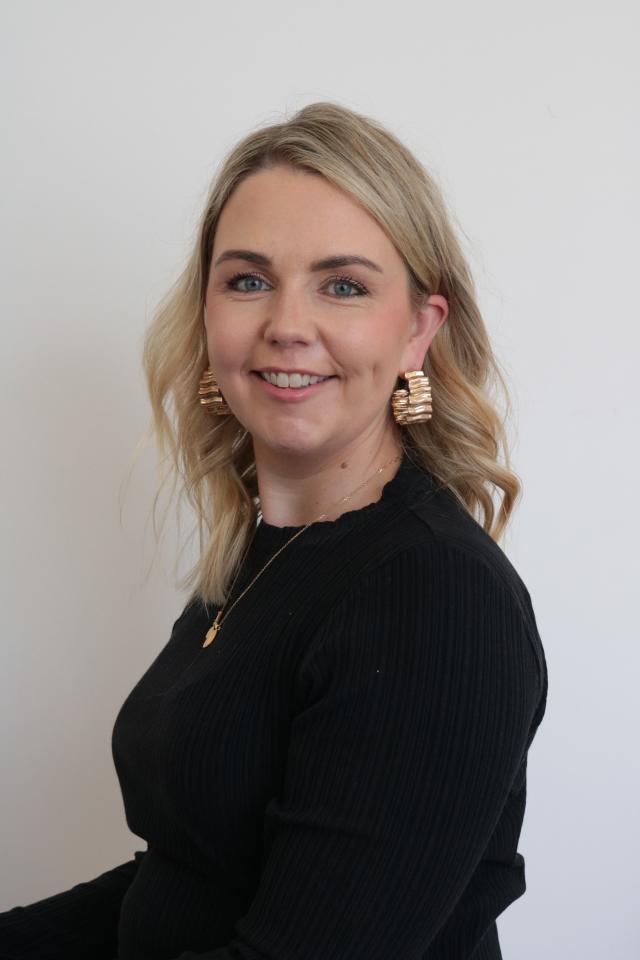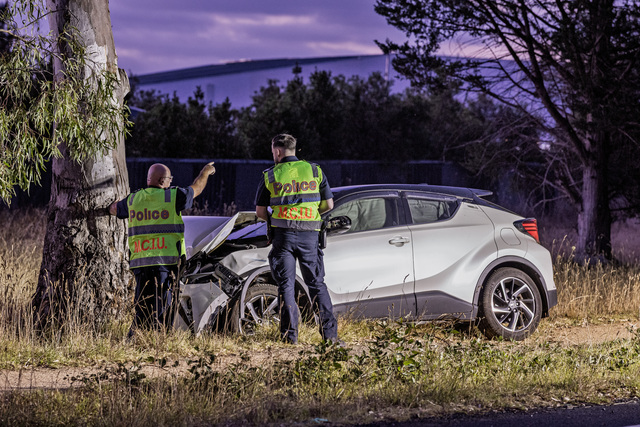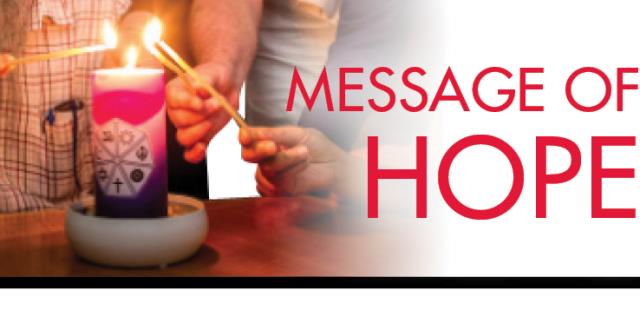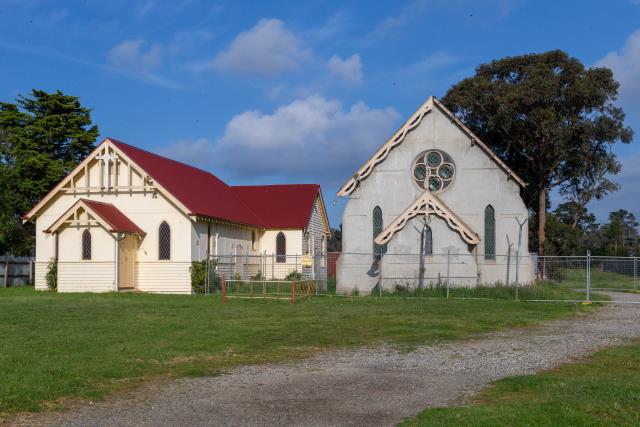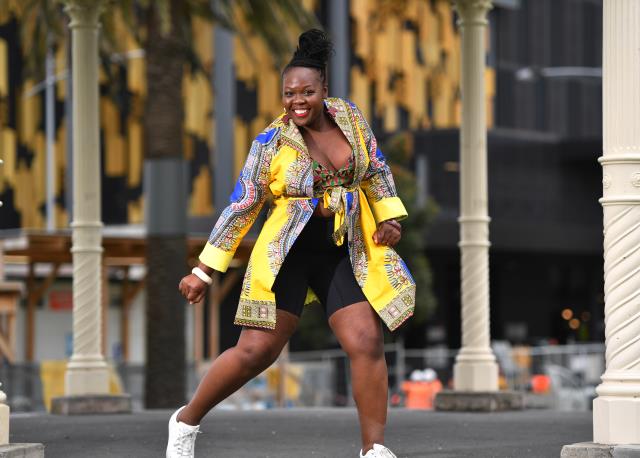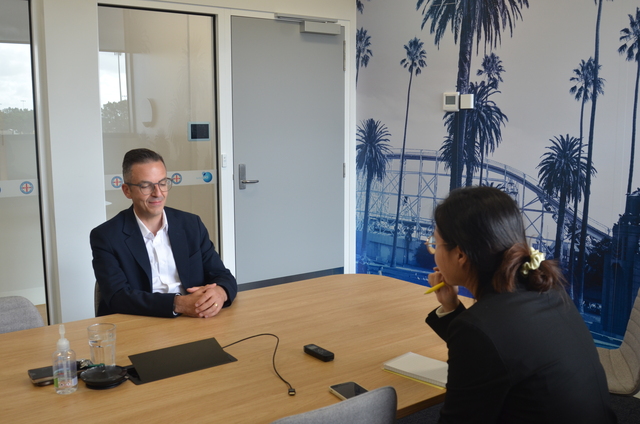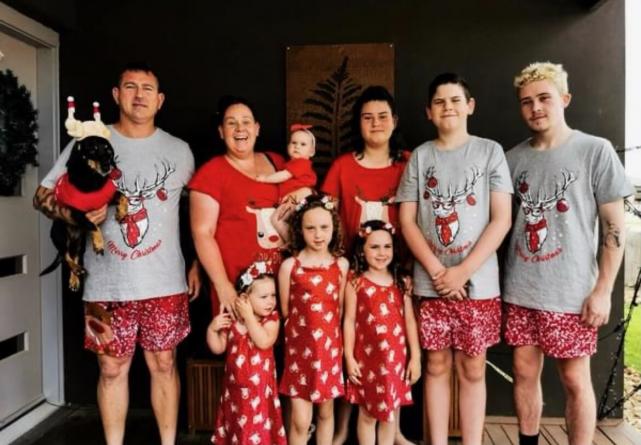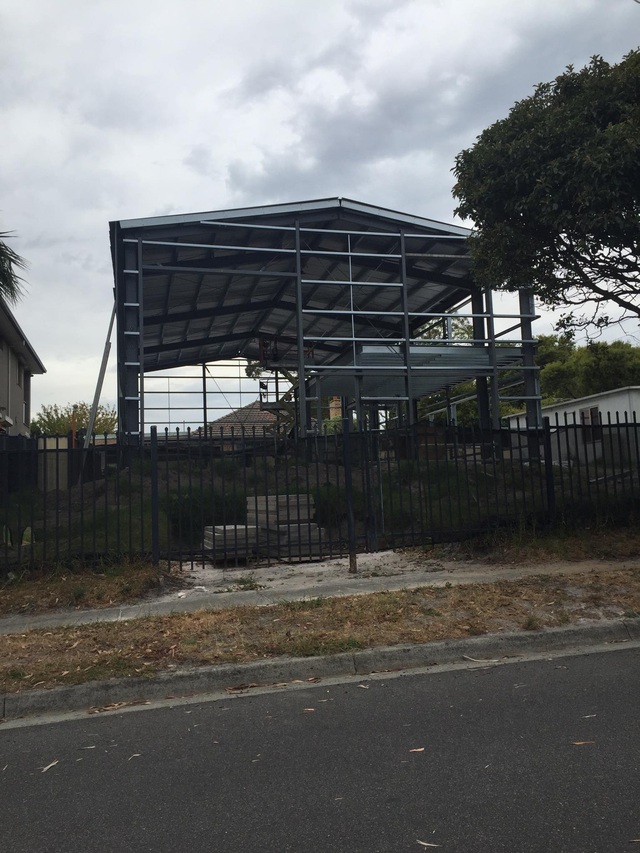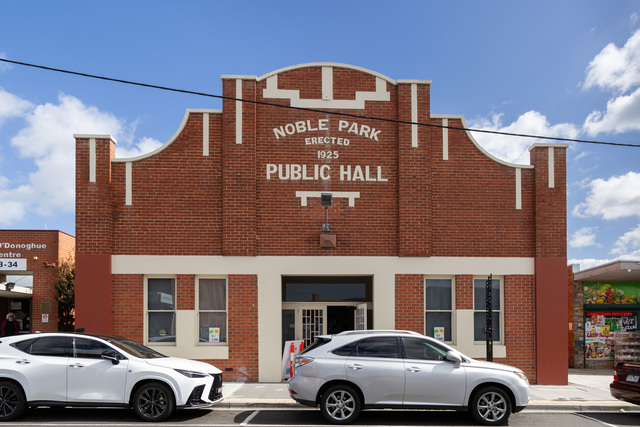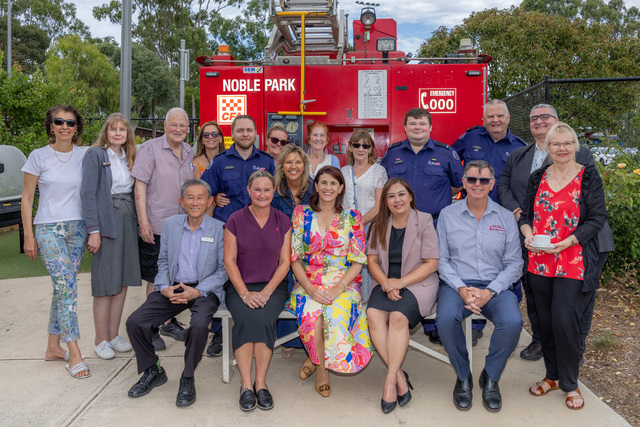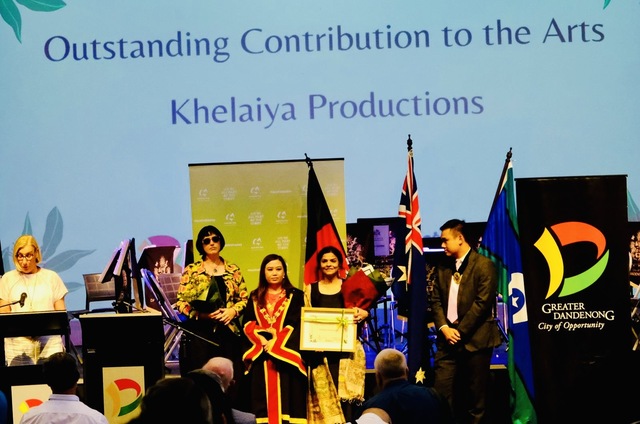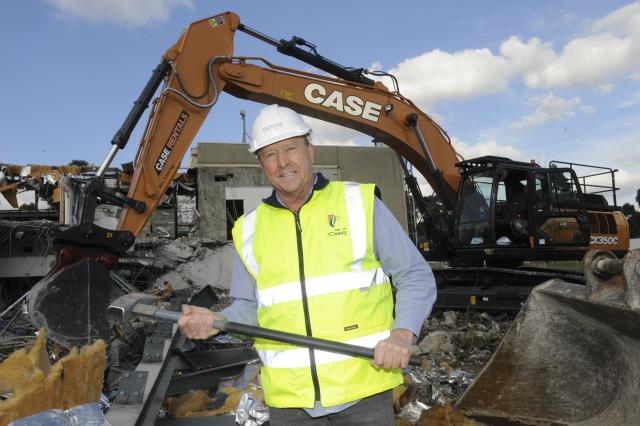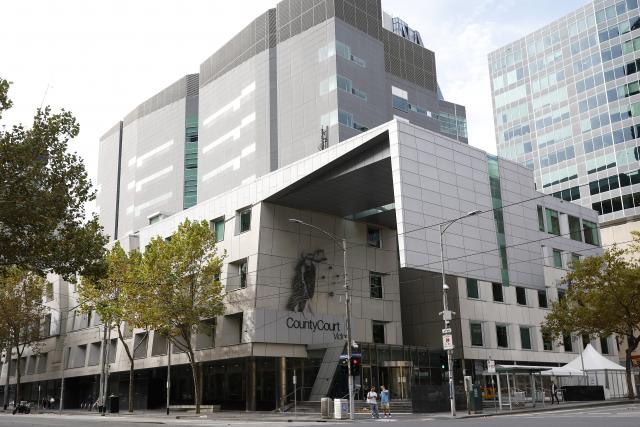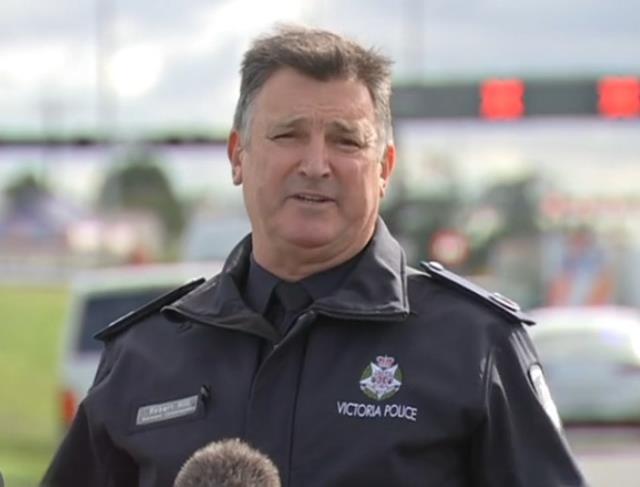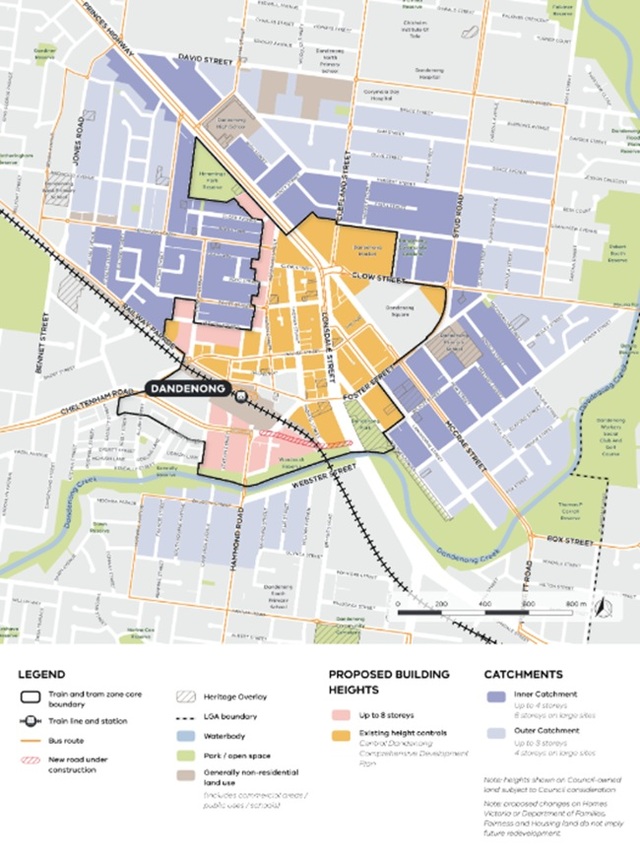Dandenong will receive an upgraded Headspace centre dubbed Headspace Plus, if Labor is re-elected at this Federal election.
As part of the $1 billion investment in free mental health backed by Medicare at this election announcement, Dandenong is the only location in the Bruce seat part of the upgrade list.
Totalling to three locations in the south east, Frankston is also part of the Headspace centre upgrade and Cranbourne is set for a completely new Medicare Mental Health Centre.
Chief executive officer of Headspace, Jason Trethowan welcomes the announcement.
“The commitments respond to the increasing and innovative ways for headspace to provide support to more young people when experiencing a difficult time especially when it comes to their mental health challenges”.
In their election promise, Labor will open or upgrade more than 100 mental health centres across the nation over the four years, $225m for 31 new and upgraded Medicare Mental Health Centres, and more than $200 million for 58 new, upgraded or expanded headspace services.
Also pledged was $500m for 20 Youth Specialist Care Centres, hubs designed for young people with complex mental health care needs and $90m to fund 1200 training places for mental health professionals and peer workers.
Dr Kathryn Daley, senior lecturer in Youth Work and Youth Studies at RMIT University, has a background as a practitioner who was also trained in psychology and social science.
Both Dr Daley and Greens candidate for Bruce, Rhonda Garad welcome the announcement for the sector also acknowledging the enormous, allied health shortages.
Both mentioned the socio-economic circumstances and social issues driving the poor mental health state of young people.
Dr Daley is concerned about funds always going into expanding the existing services.
She is glad Headspace is on the list for upgrades but worries about the other young cohorts that Headspace does not service.
“The people who don’t fit in the headspace program for whatever reason, there doesn’t appear to be funding for alternative services particularly for young people.
“So Headspace is increasingly becoming the only youth mental health service and it’s tricky because we need alternate models because young people are diverse.”
She says one of the biggest gap is the lack of funding for people with a constellation of significant mental health issues paired with homelessness, disengagement from families or cognitive impairment that may have impacted their ability to participate in schools.
“You can’t expect one big service that is primarily for mainstream youth, to be able to specialise in these groups.
“But those young people have nowhere to go, they aren’t the sort of people where you do 12-week of cognitive behavioural therapy as an intervention because there’s a bunch of other needs.
“They need specialist outreach services that can imbed drug and alcohol as well and that remains missing from the government funding.”
High levels of anxiety and depression are the major mental health issues amongst adult youth currently being self-managed. Some may have a mental health care plan where the sessions are quickly used up.
Ms Garad shared her daughter had a rough time last year and being a middle-class family, she could only secure an online consultation worth $500 upfront and $300 for every consultation afterwards, that too on the mental health care plan scheme.
“It’s a struggle to find a health care provider and even when you do, you’re on a long waiting list and having to pay hundreds of dollars.
“It’s one thing to fund a couple of centres in the South East which is great, but that’s not addressing mental health in any significant way.”
Existing social issues such as cost of living pressures, loneliness, environmental issues, employment issues are all factors inflaming the deterioration of youth mental health, she says.
Young people are also more disconnected than ever, noting her third-year university students’ quality of interaction suffering while they work more than 30-hours a week.
“They’re not making friends. They know each other but not in the way my students used to.
“Historically final year students would all know each other by third year, and I still have to do ice breakers because there’s people in the class that have never met.
“Their lives are so busy and so full trying to get ahead and getting a job that I wasn’t surprised at all that they’re actually lonely.
“Loneliness is a huge issue for people’s mental health.”
This election, the Liberal Party has pledged $400 million with a focus on youth mental health and the “missing middle” who have more-than-mild mental illnesses that don’t require hospitalisation – such as eating disorders, personality disorders and early psychosis.
The Coalition would also reinstate 20 Medicare-subsidised psychologist sessions a year for patients, as well as expand Headspace centres.
Bruce Liberal candidate Zahid Safi did not respond.

